
Haddock is a marine fish of the family Gadidae. This fish, which is a traditional dish in the Mediterranean, actually comes from the cold sea of the northern Atlantic.
Fish is dun with dark spots and white belly. It can grow to 150 cm and over but usually catches haddock size of 60-70 cm. Because they live in cold seas, its develop is quite slow, so up to the commercial size it takes about seven years to grow. Due to the increasing popularity of this fish in the world market and inability to grow, there is a threat for extinction of this species so many animal protection organizations working to restrict hunting.
Haddock is fresh, salted and dried. It has a distinct nutritional value. It contains a lot of proteins and a little fat which is an ideal combination for maintaining human health. In addition, haddock contains carbohydrates, vitamins, folates and minerals that are perfectly proportionally spaced. 100 g of fresh haddock meat has 76 calories and contains 17.4 g protein and 0.7 g fat. Dried haddock has 351 calories and contains 81.8 g protein, 2.2 g fat and 1.1 carbohydrates. Before using haddock for food processes it should be dried and well beat with pistillate or wooden rod on each side, not hitting the skin too much so it wouldn’t break, then 1-2 days kept submerged in cold water, changing water several times during the day. After that, it should be removed from water, wiped and then prepared in a specific recipe.
Given that haddock is full of omega-3 polyunsaturated fatty acids that the human body is not able to independently produce, but it needs them, using haddock carries some advantages. Firstly, these acids retard the development of tumors and prevent cancer formation. Then, by entering the omega-3 fatty acids significantly reduces pain in the case of rheumatoid arthritis. Moreover, these acids stimulate brain development of fetus in pregnant women. Perhaps, the most important function of unsaturated fats is lowering the bad cholesterol and reducing the risk of heart diseases.
As noted above Haddock is rich in vitamins necessary for normal human body functioning. Vitamin A, acting as an antioxidant sabotages effects of free radicals. In addition this vitamin plays a major role in the prevention of eye diseases. Vitamin B regenerates the cells and tissues, which favorably affects the quality of hair and skin. In addition, this vitamin, especially vitamin B12 has a positive impact on the nervous system and brain functioning. Also, B12 increases production of red blood cells, preventing anemia. Vitamin D plays a major role in maintaining healthy teeth and bones.
Haddock is rich in minerals of essential importance for human health. Sodium provides the muscle function. Magnesium, calcium and phosphorus positively influence on the bones and teeth development, preventing the bone diseases. In addition, magnesium has a positive effect on the regulation of blood pressure. Also, phosphorus ensures the normal kidney functioning. Folic acid regenerates damaged and produces new cells. Selenium acts as an antioxidant, preventing cell mutation as an effect of free radicals.
Haddock is a rich source of protein containing essential amino acids that our body can not produce by itself but it is necessary to enter them into the body. Amino acids influence on the growth and development of muscle tissue. Proteins speed up metabolism operations which combustion calories, converting fat into muscles.



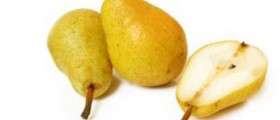


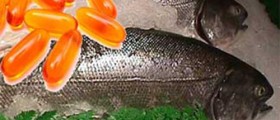

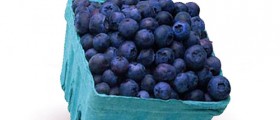




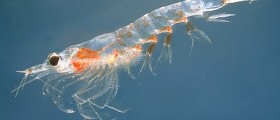

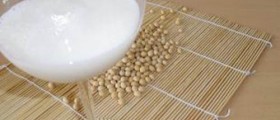
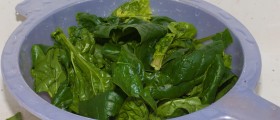
Your thoughts on this
Loading...